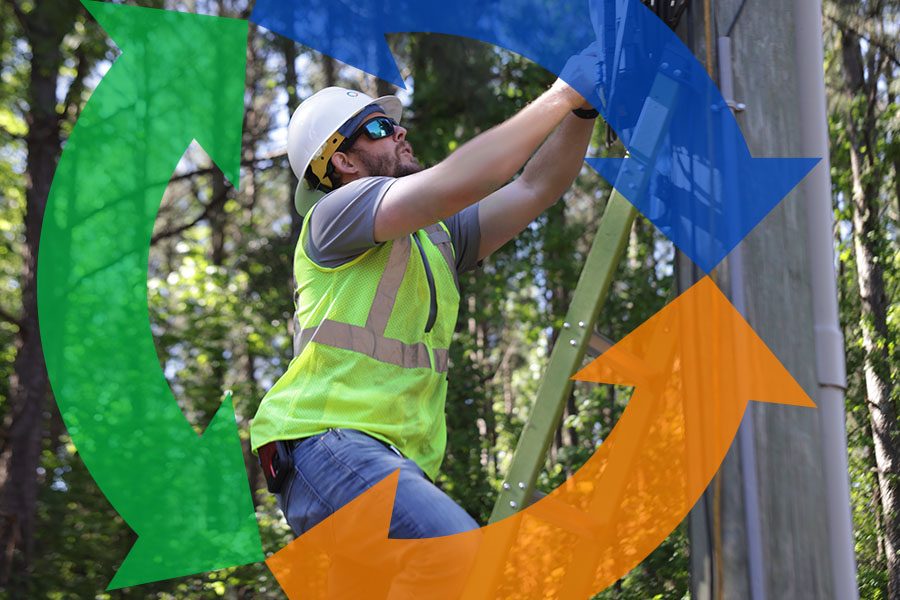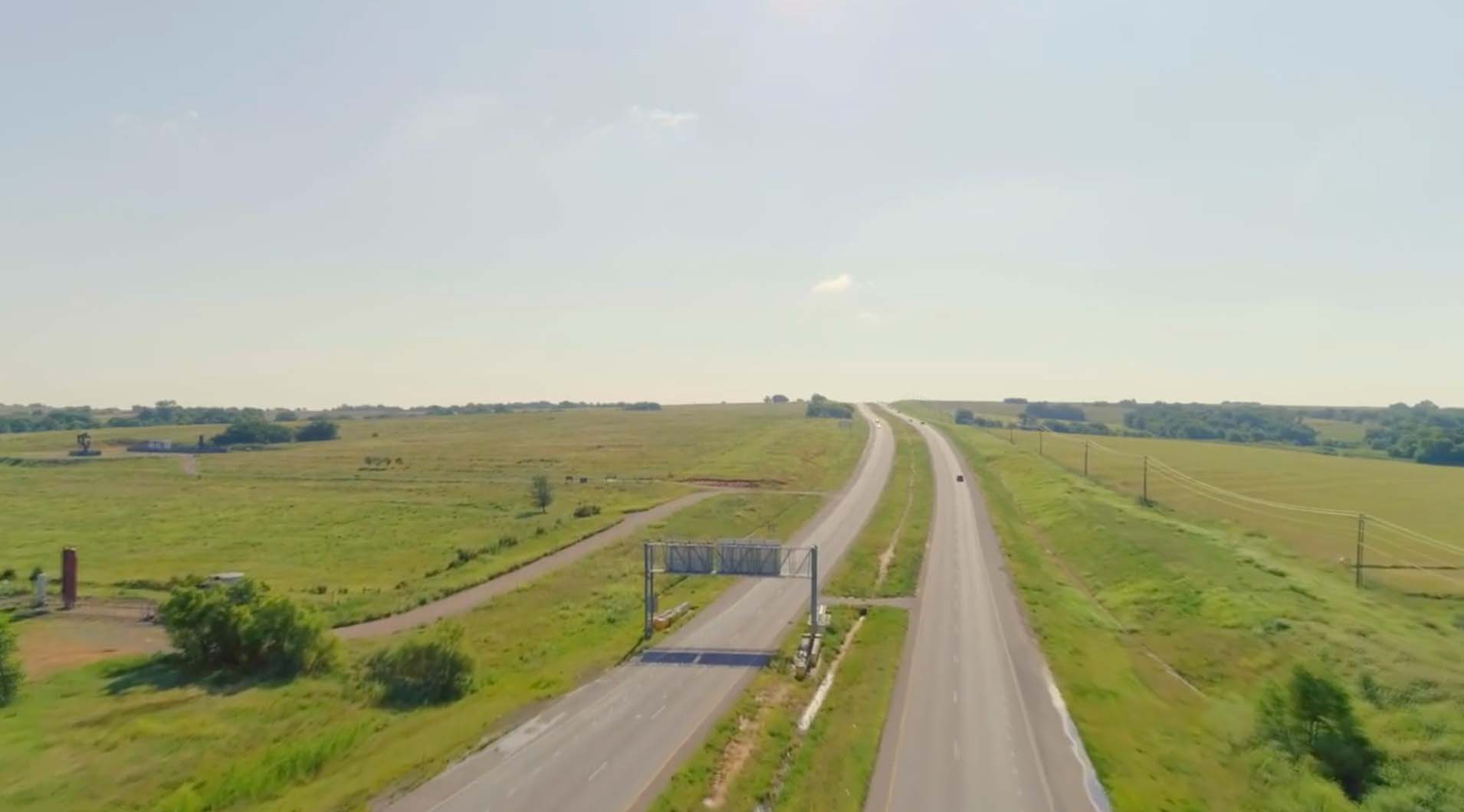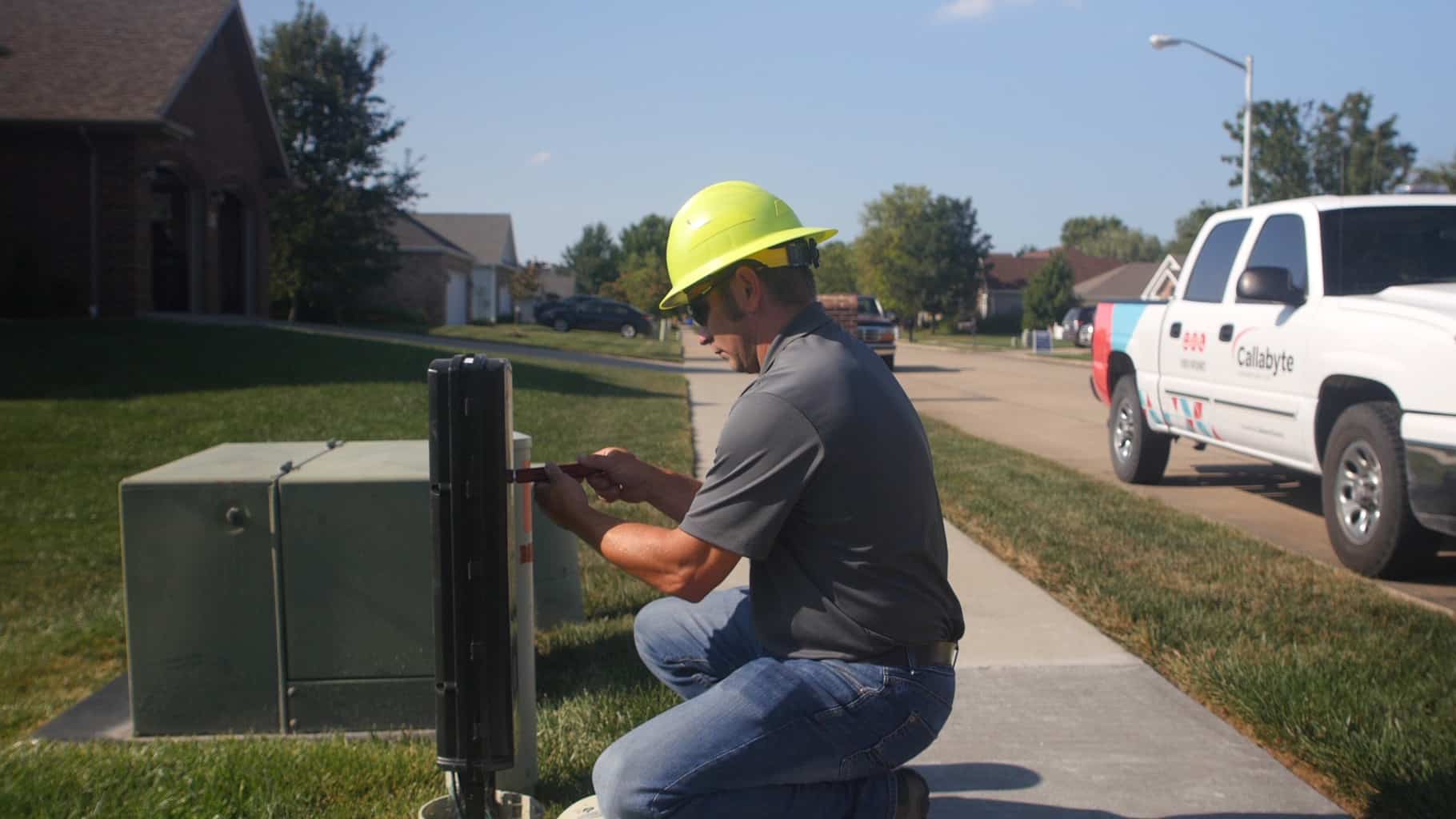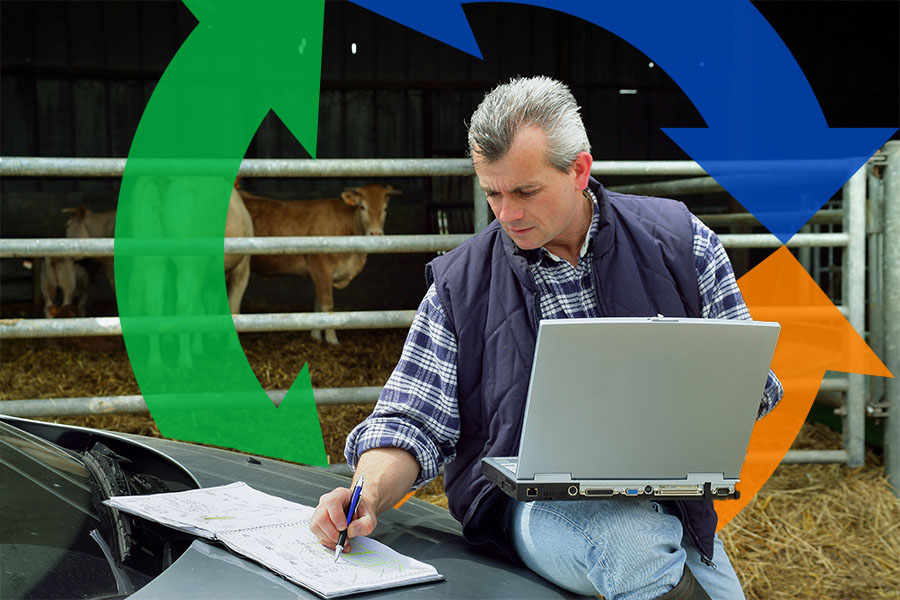Conexon Blog
Discover stories, thinking, and expertise from members of our team about topics and insights for electric cooperatives considering or operating rural broadband networks.

How Co-ops Can Build a Scalable, Future-Proof Fiber Network
For years, electric cooperatives have done more than keep the lights on across rural America. They’ve powered opportunity, growth, and resilience in their communities. Today that mission is expanding by also introducing high-speed internet across the rural communities they serve.

From Power Lines to Fiber Broadband: How Co-Ops Can Leverage Existing Infrastructure for Broadband
How co-ops can leverage existing electric infrastructure to deliver affordable, reliable fiber broadband and close the digital divide in rural America.

Feasibility Studies for Rural Broadband: What Co-ops Need to Know Before Getting Started
Learn what co-ops need to know about feasibility studies for rural broadband, and how Conexon helps ensure successful, sustainable network deployments.

How Fiber Broadband Helps Power Remote Work in Rural Areas
Discover how electric co-ops and community entities can support remote work in rural communities with fiber broadband and how Conexon helps deliver the infrastructure to make it happen.

Why High-Speed Internet Is Vital for Rural Businesses
Discover why high-speed internet is essential for rural businesses and how Conexon helps electric cooperatives and communities bring fiber broadband to underserved areas in America.

How Rural Connectivity Solutions are Shaping the Future
In rural communities across America, where the digital divide is evident in everyday life, the need for rural connectivity solutions has never been more apparent.

Choosing the Right Broadband Partner for Your Co-op
Key factors for electric co-ops to choose the right broadband partner and build sustainable fiber networks in rural communities.

Is Rural Electrification the Model for Rural Broadband?
As a nation, we can and should build fiber to every rural home, farm and business. A New Covenant.

Sunk Costs: A Cautionary Tale
How the FCC wasted $45 billion on rural “broadband” and what the current FCC/Congress/Administration should have learned.

A New Section 254: A “Connect All Americans” Proposal
If you live in rural America, how is government planning for broadband working for you? After tens of billions of dollars of public money spent in this manner, and nearly half of rural America still lacking broadband service, I’d suggest it is time to try a different approach.

Fix the RDOF Now (part 2)
CAF I funding was wasted money. CAF II ROFR funding was wasted money. Three-quarters of CAF II auction funding is wasted money. Is it too late for RDOF? That’s now up to the Rosenworcel FCC.

Fix the RDOF now
Congress wants the FCC to scrutinize the winning bidders to ensure that the bidders will actually be able to deliver on their obligations.

The Rural Broadband Acceleration Act: An Explainer
The idea started out simply enough. In January, the FCC had adopted its RDOF auction design whereby Gigabit tier bidders would win in the auction against all other bidders. In March, the FCC had identified the eligible census blocks and the amount of funding.

How to Spend Billions for Long-Term Critical Broadband Infrastructure
At a time of uncertainty, one thing is certain. The world is interconnected in many ways, and the future of information, education, work, health care, shopping, social connection and entertainment are all tied to internet access.

SpaceX is Aptly Named
Earlier this week, the FCC released a Public Notice that proposed the most significant change to date to Chairman Pai’s signature broadband policy, the Rural Digital Opportunity Fund (RDOF).

The Rural Digital Opportunity Fund: Conexon’s Comments filed with the FCC
A decade ago, the FCC set a course to put rural America at a long-term disadvantage to the rest of the country.

A Lost Decade: Ten years ago, the federal government began to implement a broadband policy that put rural America at a structural economic disadvantage to the rest of the country. We can do better.
It’s been over a decade since passage of the American Reinvestment and Recovery Act (ARRA), which in part allocated many millions of dollars to the FCC to write a national broadband plan.

The Rural Digital Opportunity Fund: A Proposal to Include Local Community Support in the RDOF Auction
Chairman Pai’s Rural Digital Opportunity Fund (RDOF) is the most significant rural infrastructure initiative of our time. It is a proposal to include local community support in the RDOF auction.

Correcting a Fatal Flaw in the ReConnect Program: A Proposal for a Safe Harbor Procedure
For the most part, the ReConnect program rules are well constructed and put an emphasis on the right metrics: those areas of the country most expensive to serve and least well-served.

When Nothing is Better than Something
The Connect America Fund II auction was largely a success. For less than half the money per location previously spent on 4/1 Mbps and 10/1 Mbps services, rural electric cooperatives have secured $250 million in funding to build fiber networks and offer Gigabit services.

Why Co-ops Are Perfectly Positioned to Lead
Learn how co-ops use FTTH network design, expert fiber optic contractors, and federal funding for broadband to build scalable, future-proof fiber networks.

Congratulations, Mississippi Electric Coops! Now, let’s build some rural broadband networks.
At a Broadband Communities conference a while ago, the theme was: There is not just one “right way.”

How Federal Grants Boost Rural Internet Access Nationwide
Federal grants fuel rural broadband expansion, helping electric cooperatives who partner with Conexon deliver high-speed fiber internet to underserved communities.

Dear RUS: How to Prove a Negative (Part 2)
In addition to the criteria described in Part 1, I propose one more criterion concerning the validity of the National Broadband Maps: evidence of consumer decisions.

Public vs. Private Partnerships for Rural Broadband: Which Model Works Best?
Rural broadband isn’t just about streaming movies or Zoom calls. It’s about keeping your community thriving in a world that’s moving faster than ever.

Dear Rural Utilities Service: How to Prove a Negative, or Why the National Broadband Maps stink and what to do about it (Part 1)
The Rural Utilities Service is seeking comment on several aspects of its new rural broadband pilot program. The most significant of the questions relates to where public funds may be spent.

Federal Broadband Funding for Rural Communities
Discover how federal broadband funding programs are helping close the digital divide in rural America. Learn how Conexon partners with electric cooperatives to secure funding, manage resources, and deliver high-speed fiber-optic internet to underserved communities.

How Co-op Ownership Empowers Rural Broadband Projects
Discover how co-ops leverage federal broadband funding to deploy advanced FTTH networks, bridging the rural digital divide with community-driven solutions.

Overbuilding, aka Competition, is the American Way
When I was a college and graduate student, I studied the Soviet Union – its history, military, culture, and economic system. I studied Russian language at language immersion programs here and in the Soviet Union.

Why Fiber Broadband is the Most Sustainable Internet Solution for Rural America
Discover how fiber broadband powers sustainable broadband infrastructure projects, rural broadband funding, and network deployment for lasting rural growth.

Five Buckets of Federal Funding for Rural Broadband – A Primer
Over the past decade, federal programs that support broadband have adopted various approaches in determining who gets funding where: grant applications, auctions, portable consumer subsidies, and legacy subsidies for incumbent telephone companies.

New York Does Rural Broadband Right
Something extraordinary happened yesterday in the world of rural broadband. The state of New York announced the winning bidders in Phase 3 of its rural broadband auction, and the largest winning bidder was – Verizon.

FCC to rural America: Drop Dead Pt 2
The FCC declares that 432,302 rural homes and small businesses now have broadband service. Rural broadband problem solved.

The Risk of Fraudulent Bidding in the FCC Connect America Fund Auction
The FCC administers over $11 billion in annual spending through several programs, the largest of which include support for rural and high cost areas, schools and libraries, rural health care institutions, low-income households, and services for people who are deaf and hearing disabled.

Let Rural Consumers Decide their Broadband Future: Five Steps to Gigabit Service throughout Rural America
When I worked at the FCC, folks at that agency seemed simultaneously confident and puzzled about certain phenomena.

Conexon further solidifies its leading role as the most experienced fiber to the home consulting group assisting rural electric cooperatives.
Conexon, the most experienced consulting group specializing in electric cooperative fiber optic deployments, has furthered its mission, its focus and its leadership with the addition of two new senior team members.

The New FCC Phantom Subscriber Program
First, the arithmetic of it. The FCC is preparing to spend over $100K per subscriber on broadband subsidies for certain technologies.

The FCC protects legacy networks. Let rural consumers choose their future with portable subsidies.
In 1995, at a ceremony at the FCC, I had the privilege of representing the largest of a new wave of wireless providers, the winning bidders in the first broadband PCS auction.

FCC to Rural America: Drop Dead
When I worked at the FCC from 2012-2016, I proposed various ways to provide the same level of internet access service to rural America as is enjoyed by urban and suburban America.

Waiting for Harry Potter
A couple of years ago, the fiber line that runs past our house was accidentally cut, leaving the sheared cable lying across our driveway.

Four Tenets of Rural Broadband
Broadband is the capability to provide internet access service with the speed, capacity and latency necessary for whatever number of devices is normally in use at a home at any given time.

End Telephone Welfare
Recently, Congress voted on the FCC’s decision to expand Lifeline program to broadband services.
